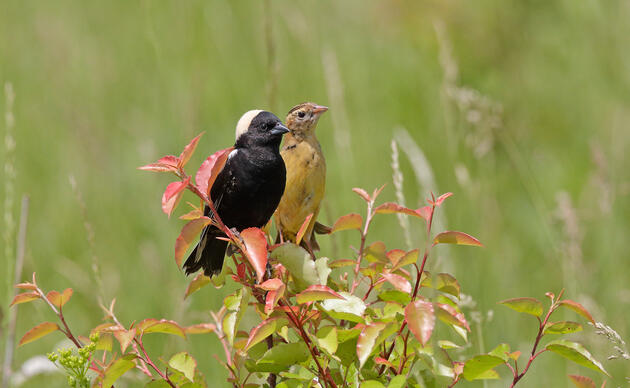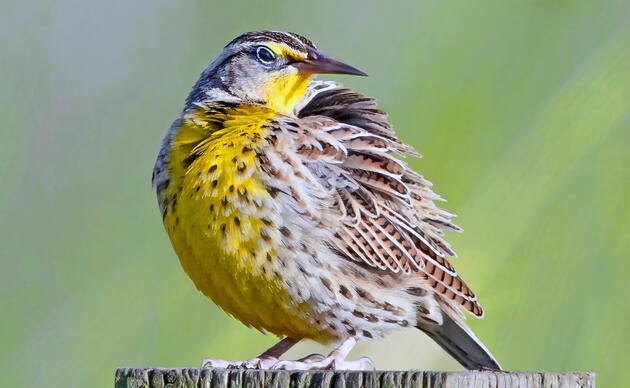TO: Governor Jim Pillen
FROM: Audubon Great Plains, Iain Nicolson Audubon Center at Rowe Sanctuary; The Crane Trust; and The Nature Conservancy
Governor Pillen,
We are writing to you about recent Nebraska Supreme Court decision that Nebraska Department of Natural Resources has the sole authority to allow Platte River streamflow to be diverted and sent to the Republican River Basin – blocking further input on the plan from water users and advocates for environmental interests downstream of the project.
We ask that this diversion permit be denied.
If approved, the proposed transfer would divert up to 10,000 acre/ft. from the Platte River just east of the city of North Platte, and send it south through a series of irrigation and hydropower supply canals. Eventually, the water will reach Turkey Creek, a tributary of the Republican River, through which it will flow into the State of Kansas.
Streamflow in the river has decreased to such a great extent over the past century, it is estimated that 70% of the historic Platte River streamflows are diverted before they get to the central Platte Valley. Nebraska has the highest reported number of irrigated acres in the nation and communities within both river basins rely heavily on the local agricultural economy. Local water users, the environmental community, three states, and the federal government have been working collaboratively since the 1990's to manage the Platte River in a way that is beneficial to everyone’s interests – this diversion would be a step backward in those efforts and could reduce the certainty we have in our future water supplies.
Hundreds of millions of dollars have recently been appropriated to the Perkins Canal project with the intention of securing Nebraska's rights to Platte River water coming into the state from Colorado. In the context of increasing costs to Nebraska citizens for construction and maintenance of water infrastructure, and potential future litigation, passing the same water on to Kansas does not make sense.
One of the most notable features of the central Platte River is its position as a “pinch-point” along the central flyway: the pathway that millions of migratory birds in the western hemisphere follow on their biannual passage north and south. Members of this migratory ensemble include the Sandhill and Whooping Cranes, with the annual Crane migration bringing millions of tourism dollars to the Kearney area.
The diversion is supposed to only divert “excess” flows – water not held under existing water rights – but there is no such thing as ‘excess flow’ in a healthy Platte River ecosystem, which is dependent on dynamic changes in streamflow, including occasional larger flows that maintain sandbars and the braided character of the Platte. If the application is approved, it would remove water from the Platte River upstream of the stretch that has been designated as critical habitat for the endangered Whooping Crane and threatened Piping Plover.
Further, it will endanger aquatic ecosystems and economically important fisheries in the Republican River Basin. In 2018, then-governor of Kansas, Jeff Colyer, wrote a letter to the State of Nebraska opposing the proposed transfer citing the threat of invasive species such as white perch or silver carp. Surveys this past summer documented the westward expansion of invasive species of carp at the point of the proposed diversion.
In Nebraska’s history, no transfer of surface water from one river basin to another has ever been approved as a means of dealing with a shortage in water supply. Instead, we have determined that water management decisions should be made locally, by those who have an intimate understanding of the environmental and social implications of allocating water to one use over another. We ask your support in continuing our state’s legacy of allowing local control of our vital water resources by keeping Platte River water in the Platte River.
Thank you,
Kristal Stoner, Executive Director, Audubon Great Plains
Brice Krohn, President and CEO, The Crane Trust
John Cougher, Nebraska State Director, The Nature Conservancy



